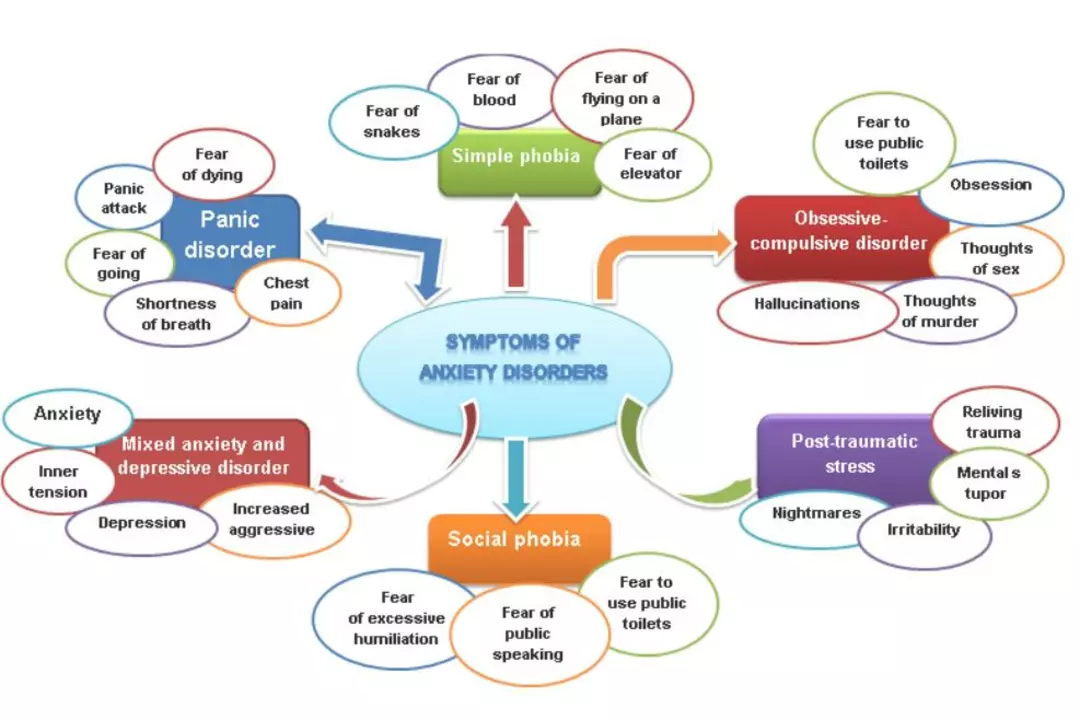Traveling: What to Pack, What to Skip, and How to Buy Medicines Safely
Travel messes with schedules, food, sleep and sometimes your health. Before you go, make a short plan for medicines and basic first aid. That saves time, money and stress when something goes wrong far from home.
Start with the basics: pain relief (paracetamol/ibuprofen), antihistamine for allergies, anti-diarrhea tablets, oral rehydration salts, adhesive bandages, antiseptic wipes, and motion-sickness tablets if you need them. Bring any daily prescriptions in their original packaging with your name and the prescribing doctor’s contact. For refrigerated meds, ask your pharmacist about travel-approved cool packs.
Vaccines, Malaria and Region-Specific Advice
Check recommended vaccines at least 4–6 weeks before travel. Some shots need multiple doses. For malaria risk areas, get up-to-date advice on prevention and the right prophylactic drug. If you can’t take the usual prophylaxis, know safe alternatives—some antibiotics like doxycycline are used for prevention, while clindamycin is used as a partner drug in malaria treatment, not a stand-alone option. Carry a written action plan from your doctor for fever or suspected malaria.
Buying Medicines Online While Traveling
Buying meds online can be convenient when you’re away, but use caution. Pick pharmacies that require a prescription for prescription-only drugs. Look for a physical address, clear contact info, and verifiable reviews. Avoid sites that sell controlled drugs without checking your prescription. Cheap offers that look too good to be true often mean fake or expired products.
Check local laws and customs rules before ordering. Some countries block imports of specific medicines or require permits. Track shipments and avoid last-minute orders—shipping delays and customs can ruin plans. If you must buy locally, keep receipts and the original prescription; pharmacists may ask for ID or proof of need.
Keep medications in your carry-on whenever possible. That prevents loss if luggage is delayed and keeps meds at stable temperatures. For liquids and gels, follow airline rules: small containers, clear bag, and keep essential meds accessible for security checks.
For antibiotics and travel infections: never self-prescribe long courses without professional guidance. Short emergency packs for conditions like traveler’s diarrhea are reasonable, but get a local telehealth consult if symptoms worsen or don’t respond to treatment. For ongoing conditions like diabetes, heart disease or severe allergies, plan backup care and know where to find doctors at your destination.
Simple prep makes travel safer. Pack a small, organized medicine kit, get the right vaccines, verify online pharmacies before ordering, and carry documentation for prescriptions. If you need help choosing what to bring or where to buy a specific drug while traveling, check our detailed guides on buying Azithromycin, safe online pharmacies, and malaria treatment options posted under this tag.

- Jul 31, 2023
- Posted by Cillian Osterfield
How to Prevent Ear Canal Infections While Traveling
Alright, folks, let's dive headfirst into the fun, yet oddly specific world of ear canal health while globe-trotting. Bet you didn't see that one coming, right? So, first things first, keep those ears dry - dampness is a bacteria's pool party. Also, try to refrain from poking around in there with cotton swabs, it's like poking an anthill with a stick, it only stirs up trouble. And last but not least, consider using earplugs when swimming. Who knew ear health could be such an adventure? Safe travels, and may your journey be free from ear canal infections!

- May 5, 2023
- Posted by Cillian Osterfield
Managing Panic Disorder While Traveling
Traveling with panic disorder can be challenging, but it's totally manageable with proper planning and self-care. I've found that preparing myself mentally, sticking to a routine, and having a support system in place are key to enjoying my trips. Breathing exercises, meditation, and mindful practices have helped me stay grounded during bouts of anxiety. I also make sure to pack essential items like medication and emergency contact information. Remember, don't let panic disorder hold you back from exploring the world - we can overcome it together!
Categories
- Health and Wellness (72)
- Medications (69)
- Health and Medicine (28)
- Pharmacy Services (12)
- Mental Health (9)
- Health and Career (2)
- Medical Research (2)
- Business and Finance (2)
- Health Information (2)
Latest Posts
©2026 heydoctor.su. All rights reserved





